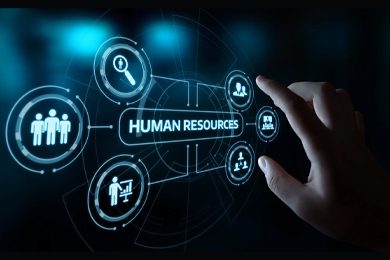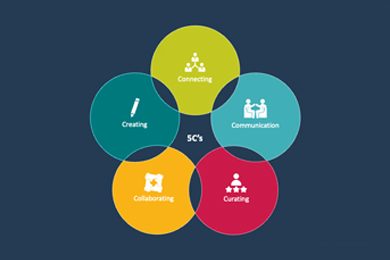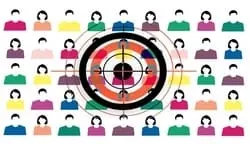



 Tech & IT
Tech & IT
 Business
Business
 Coding & Developer
Coding & Developer
 Finance & Accounting
Finance & Accounting
 Academics
Academics
 Office Applications
Office Applications
 Art & Design
Art & Design
 Marketing
Marketing
 Health & Wellness
Health & Wellness
 Sounds & Music
Sounds & Music
 Lifestyle
Lifestyle
 Photography
Photography
More Learnfly
Business Solution Become an InstructorHR analytics, also referred to as people analytics, workforce analytics, or talent analytics, involves gathering together, analyzing, and reporting HR data. It enables your organization to measure the impact of a range of HR metrics on overall business performance and make decisions based on data.












Learn more topics in various categories at one place. Explore unlimited courses in other categories and up-skill yourself today.

 Jazeb Akram
Jazeb Akram 4.2 771156 Beginner Level

 John Hedengren
John Hedengren 4.1 569058 All Level

 Ranjan Pandey
Ranjan Pandey 4.1 346725 All Level

 Muhammad Ahsan Pervaiz
Muhammad Ahsan Pervaiz 4.2 101334 All Level

 Pieter Vliegenthart
Pieter Vliegenthart 4.6 100913 All Level

 Jerome P.
Jerome P. 4.8 100878 All Level

 Senol Atac
Senol Atac 4.9 100088 All Level

 Vikas Munjal
Vikas Munjal 4.8 100062 Beginner Level

 Avinash A
Avinash A 4.8 100010 All Level
.jpg)
 LinCademy Training
LinCademy Training22 Lectures

 LinCademy Training
LinCademy Training22 Lectures

 LinCademy Training
LinCademy Training22 Lectures

 LinCademy Training
LinCademy Training22 Lectures

 LinCademy Training
LinCademy Training22 Lectures

 LinCademy Training
LinCademy Training22 Lectures

 LinCademy Training
LinCademy Training22 Lectures

 LinCademy Training
LinCademy Training22 Lectures

 LinCademy Training
LinCademy Training21 Lectures

 Eshaan Rao
Eshaan Rao78 Lectures

 Arun Singhal
Arun Singhal9 Lectures

 Abhisek Gupta
Abhisek Gupta37 Lectures

 Doruntina Hasani
Doruntina Hasani16 Lectures

 Georgiana Mihalache
Georgiana Mihalache34 Lectures

 Georgiana Mihalache
Georgiana Mihalache33 Lectures

 Georgiana Mihalache
Georgiana Mihalache28 Lectures

 Hans Weemaes
Hans Weemaes13 Lectures

 Aeraaf Patel
Aeraaf Patel11 Lectures

 Roopam Sachdeva
Roopam Sachdeva44 Lectures
HR Analytics, or Human Resources Analytics, is the application of data analysis and statistical techniques to HR data to improve workforce performance, optimize HR processes, and make data-driven decisions in areas such as recruitment, talent management, and employee engagement.
HR Analytics aims to provide insights into workforce trends, enhance decision-making processes, predict future HR-related outcomes, and align HR strategies with overall business goals. It enables organizations to leverage data for strategic HR management.
HR Analytics includes various types such as descriptive analytics (examining historical data), predictive analytics (forecasting future trends), and prescriptive analytics (providing recommendations for action). Each type serves different purposes in HR decision-making.
HR Analytics relies on metrics and KPIs to measure and evaluate HR performance. Metrics can include turnover rates, employee satisfaction scores, time-to-fill for vacancies, and other quantifiable measures. Analyzing these metrics helps organizations understand their workforce dynamics.
Challenges in implementing HR Analytics include data quality and accuracy, ensuring data privacy and compliance, developing analytical skills within the HR team, and integrating HR data with broader organizational data. Overcoming these challenges is essential for successful HR Analytics implementation.






